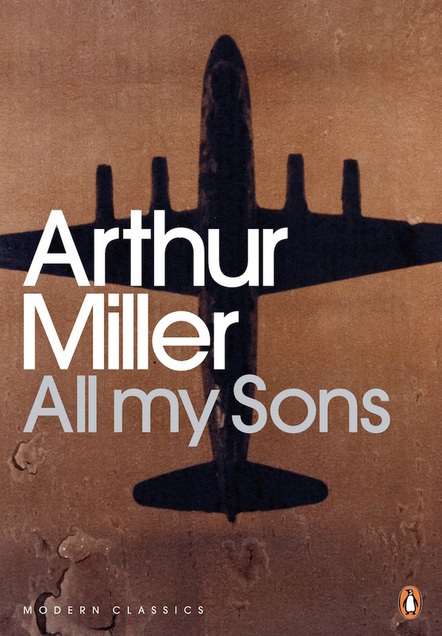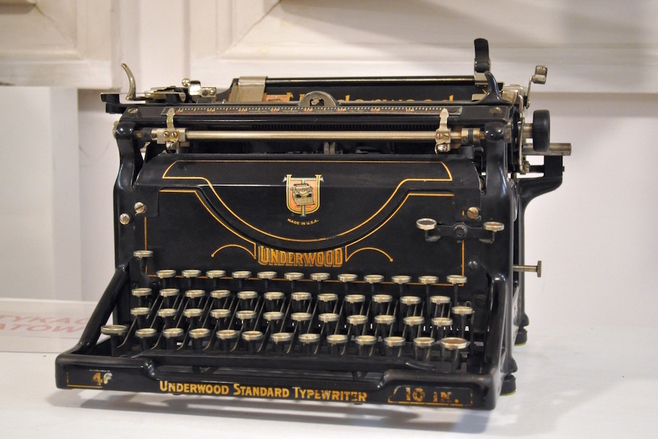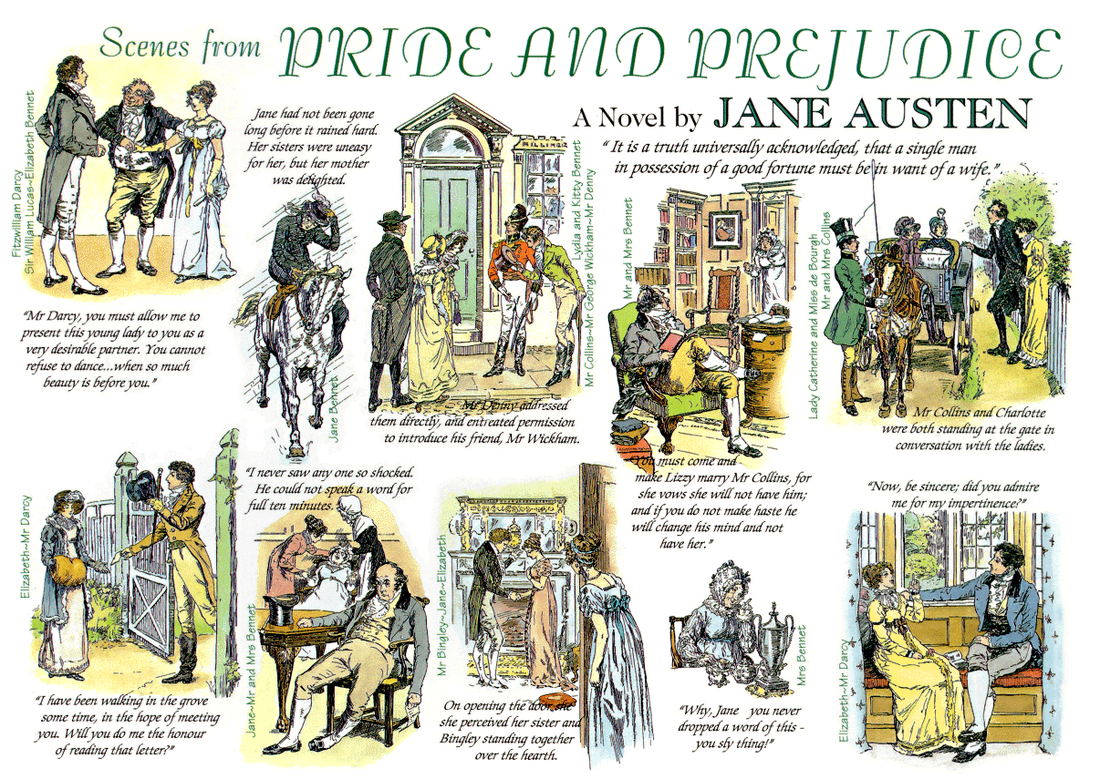All My Sons is a play written by Arthur Miller, an American playwright. Set in 1947 USA, it is based upon a true story that resonates even today. The power of a great story doesn’t diminish over time. All My Sons has five main characters, and a few more supporting cast. Most of the play takes place in a suburban American home across a 24-hour time frame. It is a compelling tale carried forward through the dialogue and interaction between these characters.
The best way to read a play is to literally ‘read’ it out loud. Assign one character to each of your friends and have a real, live reading. That makes the story come alive.
Plays are meant to be experienced, not read. The last time I read/studied a play was in high school. However, All My Sons is an exception. There are also two movie adaptations of it, and watching them before reading the play may enhance it. If there’s just one play you want to read in your life, let it be this one.



